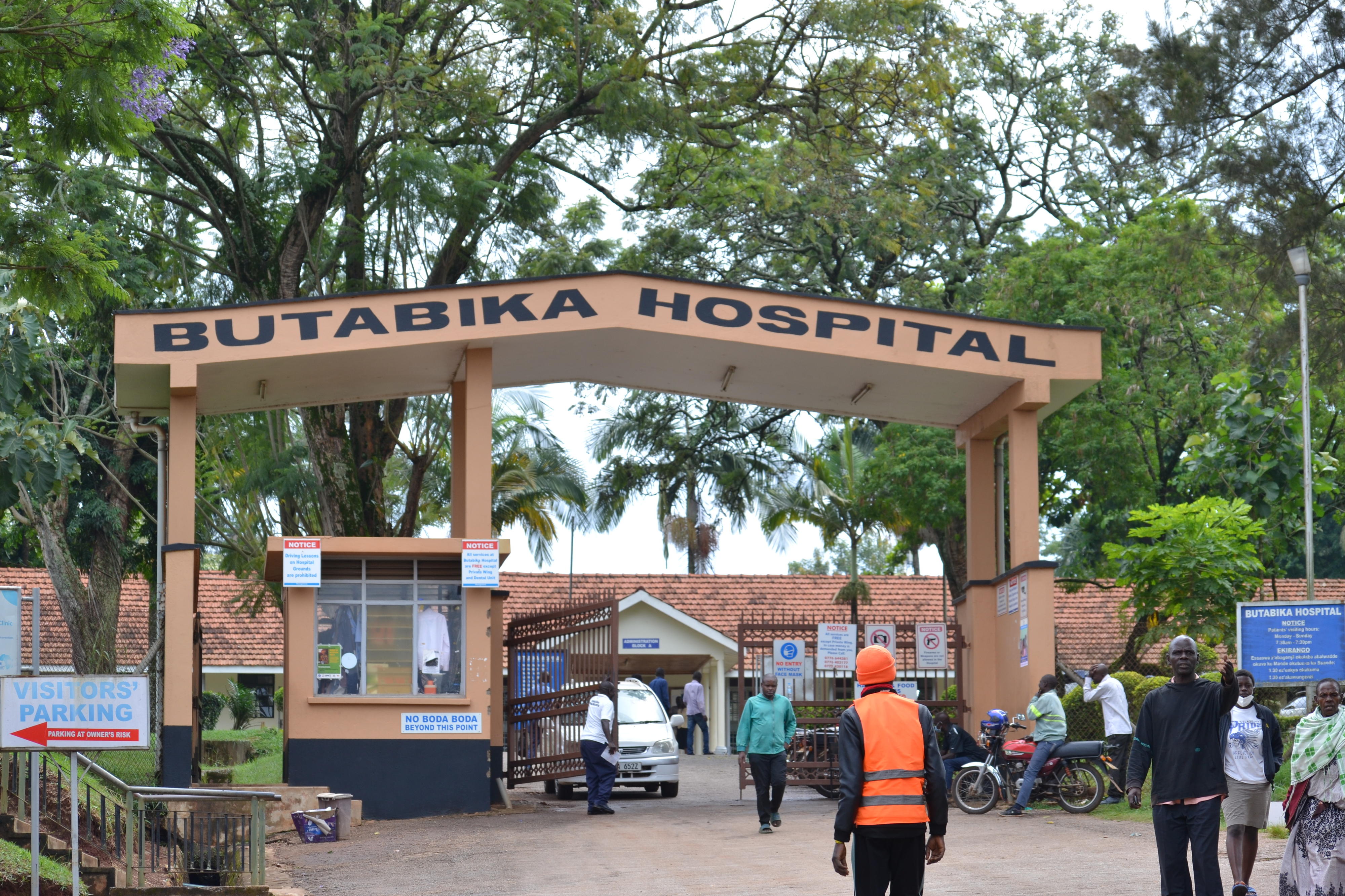There is big money in farming

If you were trying to get wealthy, probably become a billionaire, what business would you get into? You have probably never considered this, and perhaps think the answer might be technology or entertainment – because those two have a somewhat higher turnover – but you are wrong.
To find the answer, it makes sense that you pay attention to what the billionaires – I mean those that have made a fortune from running legitimate businesses – are saying. Their supposition couldn’t be further from what we see the private sector and government pushing and investing in.
During the Covid-19 lockdown, three young men, barely out of their teens, set up a consultancy to teach people how to grow vegetables in their backyards, on verandas, compounds and whatever little space you might have.
I don’t imagine that they had anymore than a Shs1 million to start with, but that’s probably the same case for most people starting businesses in Uganda and across Africa. Very few with anymore that $300, which partly explains why most simply survive and never really thrive.
What these young men might not know is that in opting for Agriculture, they might have taken the first step to attaining “at least” millionaire status.
Believe it or not, the stats, and Africa’s leading businessmen – from Aliko Dangote to Akinwuni Adesina to Strive Masiyiwa – say that Africa’s next billionaires will be in agriculture.
We will come back to how good these young men’s chances of surmounting the staircase is, but first, we must plough through the theory.
It is reported that 60 percent of the world’s uncultivated arable land is in Africa, never mind the fact that the continent also has the highest number of undernourished people.
Tucked deep inside the 2020 Absa Africa Financial Markets Index, is a look into how different economies around Africa, are likely to bounce back for 2020 Covid-19 pandemic.
The report predicts the contraction of most economies this year, yet it must be relieving for Ugandans to find East African countries – save Burundi – among the Top 10 predicted to make strong rebounds.
According to the report, countries that are less dependent on oil – Uganda’s wait continues – and global tourism, will recover more strongly. The gist though is that Uganda and the others’ predicted growth is owed, in part, to an increased export share – thanks to agriculture produce in part.
And that’s what’s interesting, because we still aren’t putting enough into agriculture, for the golden egg that it is billed as.
Even if you ignored the billionaires and simply considered that according to that same report, Uganda accounts for 1.6 per cent of index exports, up from 1per cent five years ago, or even how Malawi has increased its export share by around one-third with mostly agricultural exports, you see where we need to be putting the money.
In 30 years, Africa’s population will be at 2 billion, so we need to move faster that we ever have. To start, encourage more capitalised people into farming, while also moving the smallholder farmers who are currently feeding the continent – insufficiently at that – to the next level.
That, of course, takes us back to financing, and the three young agripreneurs we started with. It is unlikely that they will build an empire out of their venture, and produce enough to feed Africa’s next billion while banking one of their own, if policy doesn’t fertilise their dream – and that of the millions of young people innovating in agriculture around the continent.
How are they to mechanise and bulk produce, or add value for export if they do not have access to even local capital to?
How are they to connect farmers and build a quality supply and value chain, if it’s hard for millions to get plugged into the financial system – to save, invest and trade.
And if they should somehow overcome these heavy deterrent rains, and harvest, how are they to export where there is no haste to open regional markets and every effort is mired in layers of bureaucracy, pointless tariffs and barriers.
Where there isn’t enough substantial local capital to go around for young people looking to get into business or scale, there isn’t a greater argument for strengthening investor confidence – especially if that investment is foreign.
How we do that is by aligning our policies on financing and investment with the international system. We do that, fast, or none of our young people will do well and do good.
Mr Rukwengye is the founder, Boundless Minds




